China, India and the USA are three of the largest countries in the world, you should be bald about this by now. But in this list we can add several other countries that surprise not only for the extensive territorial range, but also for the large number of inhabitants.
Want to know which are the biggest countries in the world? So follow us on this post.
Largest countries in the world in territory
If we add the territorial area of the ten largest countries in the world, we would have nothing more, nothing less than the equivalent of 49% of the entire land mass of the planet.
In other words, in only ten countries is half of the entire habitable area of the globe concentrated.
But let's go to the top 10 to find out which are the largest countries in the world in terms of territory.
10th – Algeria
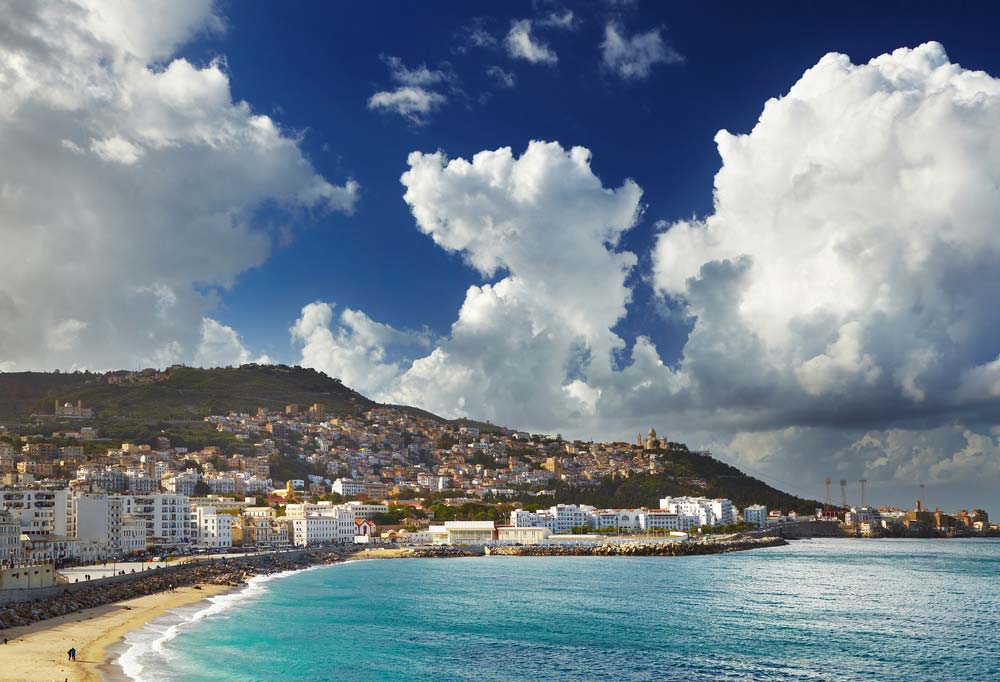
The tenth largest country in the world in terms of territory goes to Algeria, located on the African continent. The country borders Western Sahara, Morocco, Tunisia, Libya, Mali, Niger and Mauritania.
Algeria has 2.38 million square kilometers, 90% of which is equivalent to desert.
Considered as one of the driest and warmest countries in the world, Algeria currently houses a population of just over 43 million people.
9th – Kazakhstan
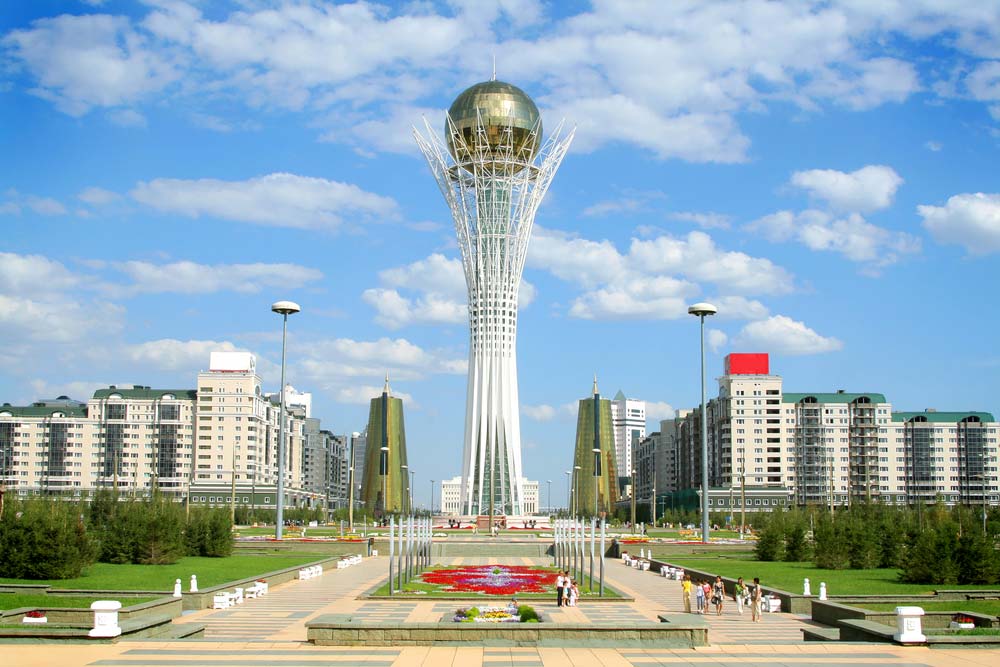
Former Soviet territory, today Kazakhstan occupies the ninth position in the ranking of the largest countries in the world. With an area of 2.72 million square kilometers, the country has the largest border area in the world, with China, Russia, Kyrgyzstan, Uzbekistan and Turkmenistan as neighbors.
Kazakhstan's current population is 18 million people.
8th – Argentina

And the eighth place on the podium of the largest countries in the world goes to our Argentine brothers.
Argentina has a territory of 2.78 million square kilometers and borders four countries in South America: Brazil, Paraguay, Bolivia, Uruguay and Chile.
Just over 45 million people currently inhabit the Argentine territory.
7th – India
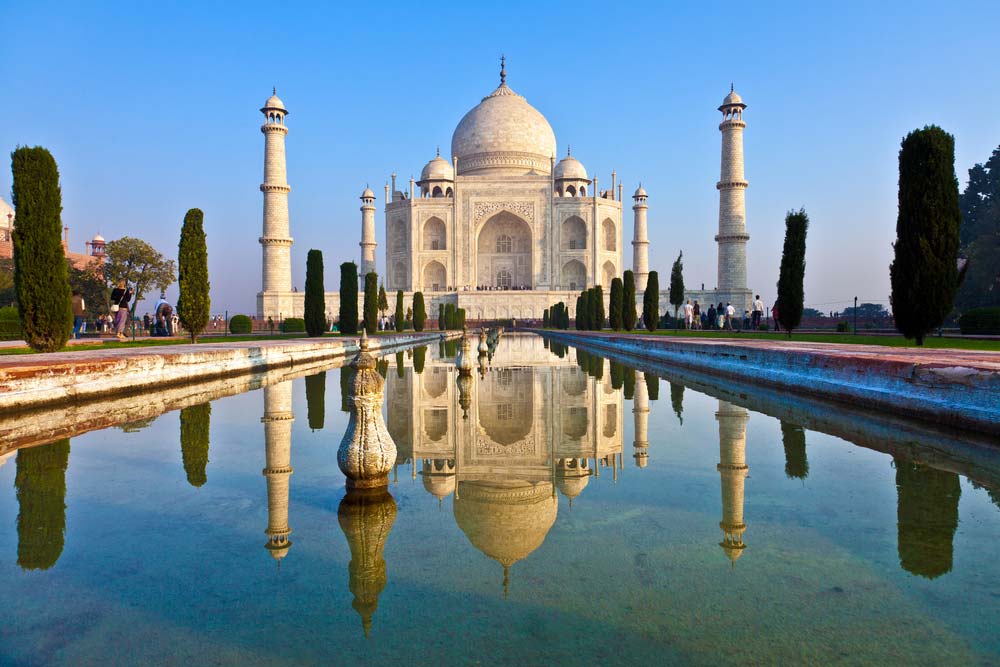
With 310 million square kilometers, India is now the seventh largest country in the world in terms of territory, as well as being one of the largest in population.
India is bordered by China, Nepal, Pakistan, Bangladesh, Myanmar, Bhutan and Sri Lanka.
6th – Australia

And Oceania is the sixth largest country in the world. Australia enters the top 10 thanks to its 7.69 million square kilometers.
As it does not border with any other country, Australia also takes the title of the largest coastal coast in the world.
But despite all that territory, Australia has a population of just 25 million people.
5th – Brazil
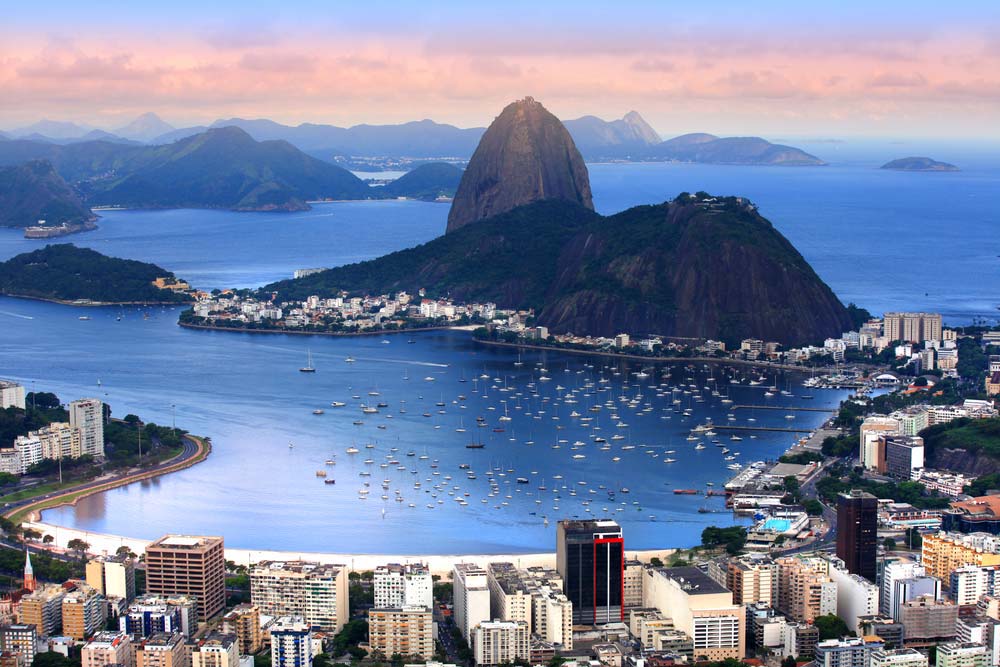
Fifth on the list is Brazil. Our beloved green and yellow country has an area of 8.51 million square kilometers, being the largest in all of Latin America.
Brazil is also home to the largest forest in the world, the Amazon.
4th – China

China has the fourth largest land territory. There are 9.6 million square kilometers bordering 14 countries.
China is also on the list of the most populous countries in the world, but you will see that in the next topic.
3rd – United States

The United States wins the bronze medal in the ranking of the largest countries in the world. With a land area slightly larger than China's, 9.63 million square kilometers, the USA is also the largest economic power on the planet.
2nd – Canada
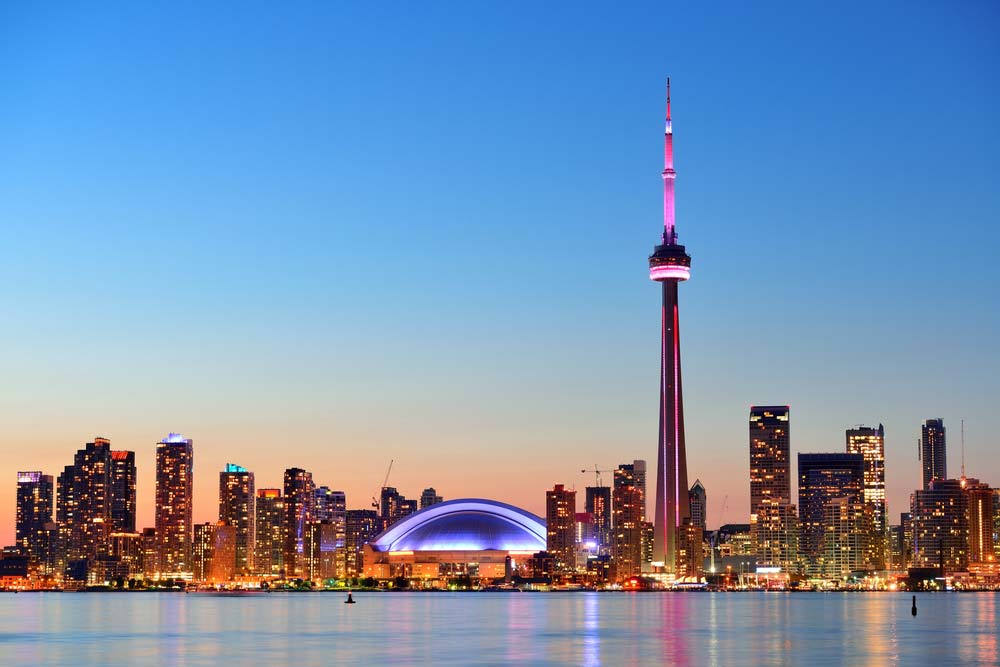
The second most populous country in the world is Canada. In all, the country has an area of 9.98 million square kilometers.
But it is not for that reason among the most populous countries. Canada's population is currently estimated at just over 37 million people.
1st – Russia
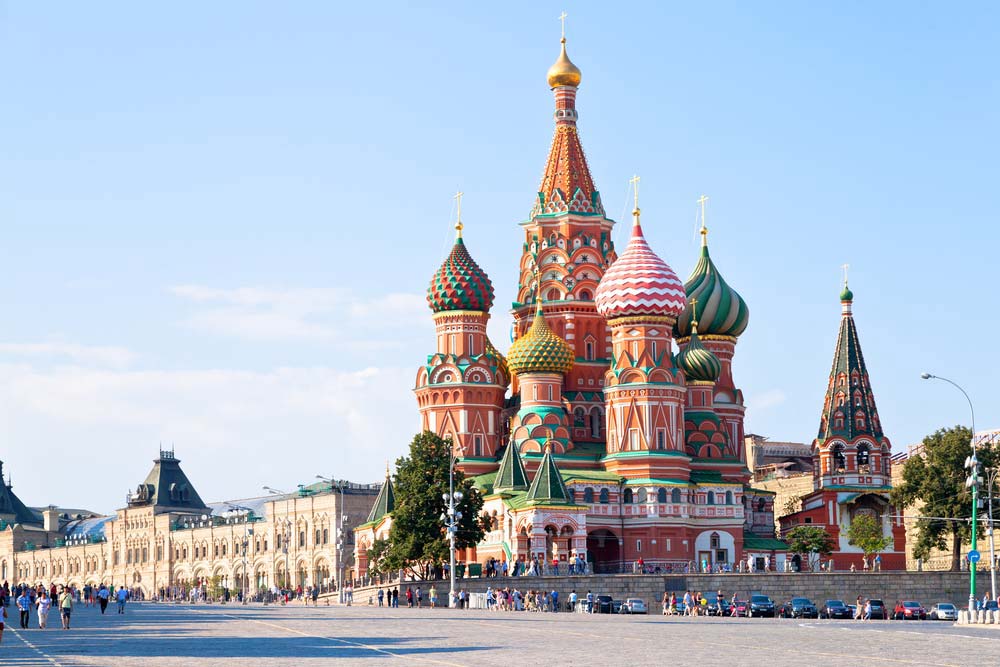
Russia is the largest country in the world. The Russian territory covers 17.10 million square kilometers and occupies two continents: the European and the Asian.
The country also borders many countries, including China, North Korea, Mongolia, Finland and Poland.
Largest countries in the world by population
A curious fact is that the largest country in the territory is not always the one that houses the largest population. An example of this is Russia, which despite being the largest country in area, occupies the ninth place in the list of the most populous.
At the same time that countries that do not even appear on the list of the largest in the world end up appearing as super populated, as happens with Bangladesh and Nigeria, which in comparative terms have territorial area of the approximate size of the state of Amapá and Mato Grosso, respectively.
Currently, the world population accounts for 7.7 billion people. And the estimate by 2100 is that this number will reach 10 billion, according to the UN.
Another interesting fact about the most populous countries in the world is that they tend to be concentrated in the poorest areas of the globe.
Today it is possible to notice a trend of population growth in African and Asian continents, while European and North American countries, for example, show a decrease in the total number of inhabitants.
We can cite as an example the case of Nigeria, Pakistan and Bangladesh. Both countries show a super demographic increase.
Nigeria, for example, jumped from 37 million in 1950 to 393 million in 2010. Pakistan and Bangladesh moved from 37 million in 1950 to 275 million and 194 million in 2010, respectively.
Check out the top 10 largest countries in the world by population:
10th – Mexico – 128 million inhabitants
9th – Russia – 145 million inhabitants
8th – Bangladesh – 164 million inhabitants
7th – Nigeria – 206 million inhabitants
6th – Brazil – 212 million inhabitants
5th – Pakistan – 220 million inhabitants
4th – Indonesia – 273 million inhabitants
3rd – United States – 301 million inhabitants
2nd – India – 1.3 billion inhabitants
1st – China – 1.4 billion inhabitants
Unlike the ranking of the largest countries in the territory, the list of the most populous countries may change over time.
Studies and data released by the UN suggest that by 2100, China will lose the podium to India, which is expected to reach a population of 1.5 billion.
Nigeria should also rise in the ranking, going from 7th to 3rd place, displacing the USA, which should end up occupying 4th place.
Brazil, in turn, should move from 5th to 10th position, giving way to Tanzania, which until then did not even appear in the top 10.
It is estimated that by 2100, Russia, Japan and Mexico will also lose positions, leaving the list of the most populous. On the other hand, Congo and the Philippines should appear in the ranking for the first time, occupying the 8th and 9th place, respectively.



